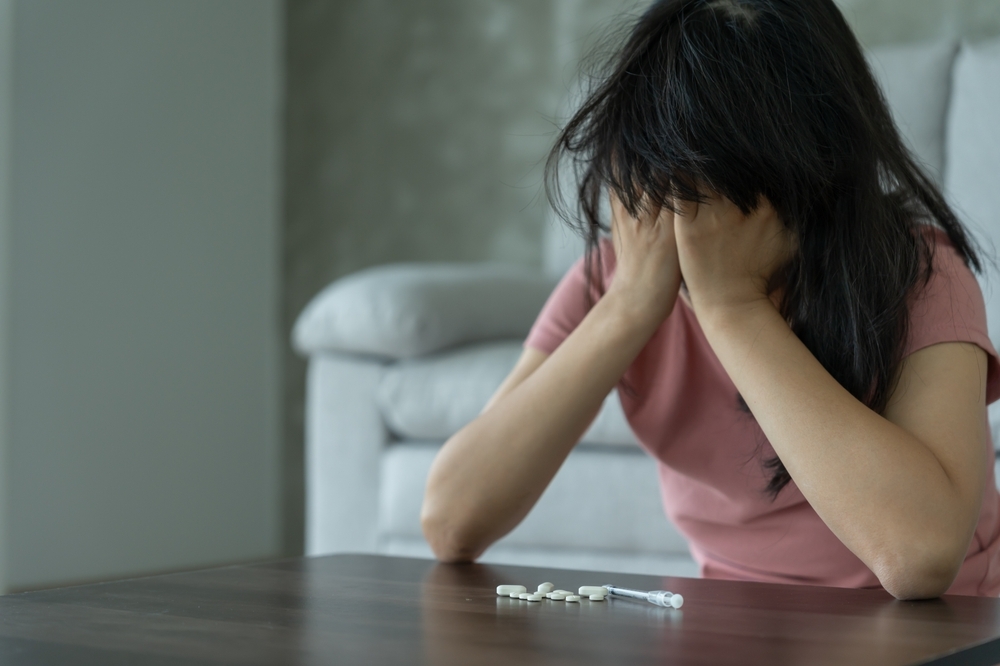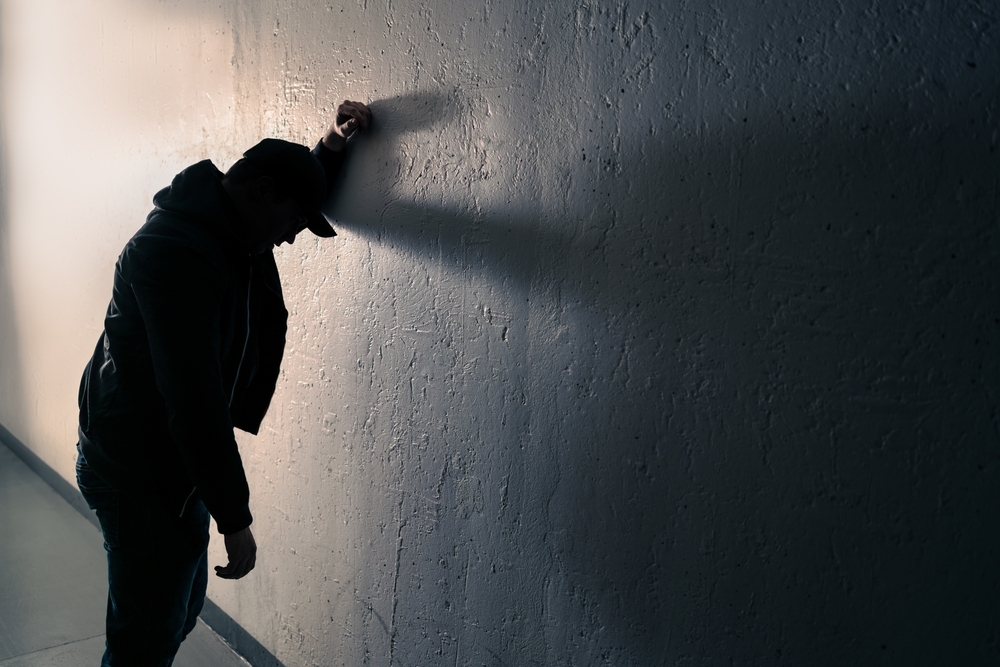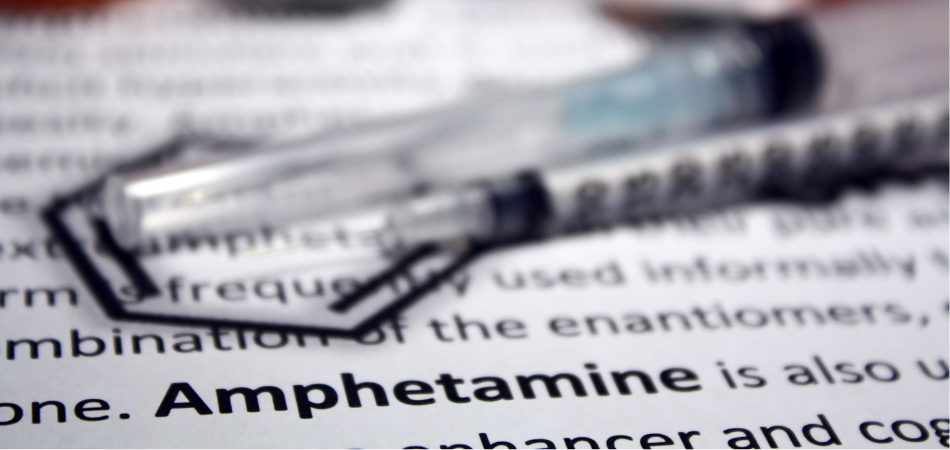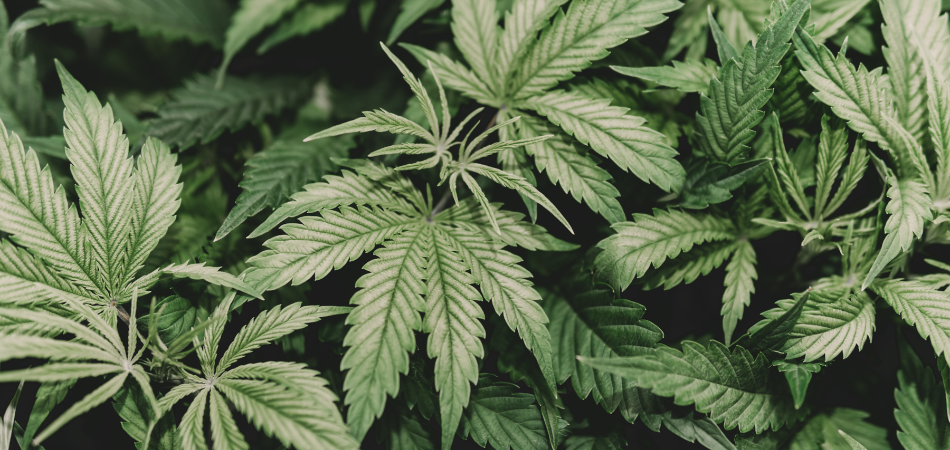
Written by:

Medically Reviewed by:
Last Updated:
January 8th, 2025
Addiction | Types, Symptoms & Effects
- Select
- Addiction
- Detox
- Rehab Treatment
It can be hard to know where to turn if you’re living with or affected by addiction. Addiction is a pervasive and damaging condition that can affect all aspects of your life. It can leave you feeling lost, exhausted, and hopeless.
The good news is that we are here to help you understand more about addiction and where you can get support. Addiction is a well-studied medical condition. Below, we highlight everything you need to know and how to navigate your way towards recovery.
What Is addiction?
Addiction is when you compulsively seek and use a substance or engage in a behaviour, despite any negative consequences. It’s a medical condition classified by physical changes in the brain that make it very difficult to stop the compulsion without effective support.
How Does Addiction Affect the Brain?
All types of addiction involve interactions with and changes in the reward systems in our brain, in particular, the dopaminergic reward system.
The reward system is a natural and important part of how the brain works, helping to motivate us to engage in life-preserving behaviours like drinking, eating, and having sex. When we do these activities, our brains release small amounts of neurotransmitters (chemical messengers), such as dopamine and endorphins (natural opioids). This action alters how neurons (brain cells) connect along the reward pathway, making it easier and easy to repeat the activity without thinking about it and leading to the formation of habits.
What are the signs and symptoms of addiction?
It can be hard to know if you or a loved one is living with addiction. Addiction can manifest in very different ways, and sometimes the signs can be hidden. Moreover, loved ones often go to great lengths to conceal their problem, making addiction even harder to spot.
If you’re concerned about your substance use or compulsive behaviours, it may be helpful to look through the following signs and symptoms. However, this list is not exhaustive; some signs may also result from conditions other than addiction. If you have any worries about addiction, you should speak with a doctor, addiction specialist, or another mental health professional for expert advice.
The signs of addiction can be behavioural, psychological, and physical. They may include:
- Trying to reduce substance use or engage less in a certain behaviour but not managing to
- Experiencing financial difficulties as a result of your cravings
- Strained relationships with family members and other loved ones
- Finding your thoughts are dominated by acquiring and using the substance or engaging in the behaviour
- Losing interest in activities you used to enjoy
- Social isolation
- Experiencing physical or psychological withdrawal symptoms when you try to stop using a substance
- Experiencing cravings for a substance or a behaviour
It’s normal for people with addiction to act secretively and try to hide their thoughts and behaviours, particularly if they are affected by some of the stigma and misconceptions attached to addiction. Some additional signs to look out for in a loved one are:
- Unexplained outings
- Drug paraphernalia
- Lying and secretive behaviour
- Changes in friend groups
How to help a loved one With an addiction
Confronting a loved one about harmful habits can be hard, especially if they don’t recognise or accept their dependency. In general, having an open conversation is a good place to start. Through honest communication, you can see how you can support them and speak about the possibility of seeking professional help. Remember to listen to what they say and come from a place of love and compassion, not judgement.
You can also speak to a mental health professional about the best way forward. If necessary, they can provide expert advice and explore other options, such as interventions.
What are the main types of addiction?
Alcohol addiction
Alcohol is one of the most easily accessible addictive substances, but also one of the most damaging. Despite this however, anyone can achieve sobriety with effective support.
Drug addiction
It can often start with experimental use in social gatherings, but it can become more frequent for some. Substances such as opioids, marijuana, and cocaine are considered drugs.
Prescription drugs
Prescription drugs can be just as dangerous and addictive as illicit substances. Recognising and accepting a prescription drug addiction is the first step to recovery and a sober future.
Behavioural addiction
It’s not only substances that can be addictive. It’s possible to compulsively engage in many different behaviours, including gambling, shopping, porn, food, gaming, love and sex.
Although it takes time, you can conquer your addiction and regain control of your life with the right support, motivation and commitment to change.
What are the causes of addiction?
Whatever the type of addiction, the causes are usually complex – and rarely rooted in the substance or behaviour itself. Addictions typically develop due to underlying issues that drive substance abuse or other compulsive behaviours. Some people even conceptualise addiction as a symptom of other conditions rather than a condition in itself.
Some individuals may use compulsive behaviours as a coping mechanism for co-occurring mental health issues such as anxiety or depression, offering a quick way to relax or escape reality. For others, substance use may constitute a way to fill a void left by neglect in childhood or other early-life adversity. Whatever your story, addressing these underlying issues is crucial for effective treatment.
What are the risk factors for addiction?
Scientists and other experts have identified several risk factors that make developing an addiction more likely. Still, it’s important to recognise the complexity of addiction. Many people will experience some of these risk factors and never develop an addiction, while others may develop an addiction without exposure to any common risk factors.
Some risk factors include:
- Genetics – Addiction is more prevalent in some families due to genetics. You run a higher risk of acquiring an addiction if you have a blood relative who does, such as a parent or sibling.
- Early life adversity, including childhood trauma – You’re more prone to develop a drug addiction if you have a mental health condition or have experienced trauma growing up. Drug use can become a coping mechanism for mental illnesses like anxiety, depression and post-traumatic stress disorder
- Spending time with peers who use addictive substances – Peer pressure has a significant role in young individuals beginning to use and abuse drugs.
- Abusing substances during adolescence – Early drug usage can alter the brain’s development and increase the probability that addiction will develop later in life.
- Growing up in a home with substance abuse – There is evidence to support the idea that children exposed to substance abuse by their parents are more likely to develop an addiction.
Can addiction go away?
Addiction is a pervasive condition that can affect your health, work, and family life. The good news is there is a way out. While addiction can be impossible to control alone, addiction rehab programmes at Linwood House offer a range of approaches and necessary detox to address the underlying causes of addiction, guiding you to life-long recovery.
Contact us today
Contact us today if you or a loved one may be living with addiction or a substance abuse disorder. Our compassionate team can offer understanding and confidential advice and talk you through the next steps. Reaching out for support can be hard, but it opens the door to a fulfilling life free from addiction and substance abuse.
Frequently asked questions
These signs can vary depending on the substance or behaviour to which a person is addicted. Not all people who use a substance or engage in a behaviour will develop an addiction, and not all people who have an addiction will experience all of these signs.
Common substance addictions include:
- Alcohol
- Nicotine
- Marijuana
- Cocaine
- Opiates
- Hallucinogens
- Prescription medicines
Behavioural addiction is characterised by excessive engagement in an activity that can be enjoyable but ultimately harmful. Examples of behavioural addictions include gambling, shopping, and internet addiction.









